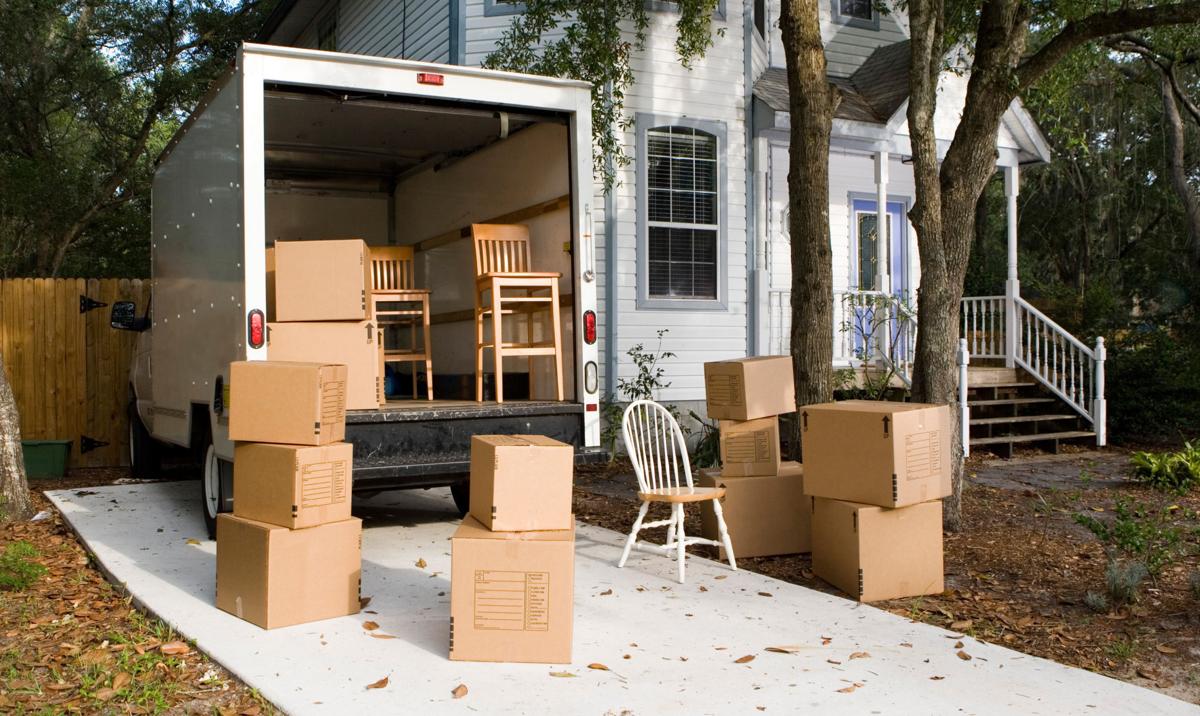State lawmakers voted Monday to trim — but not eliminate — the right of moving companies to hold a homeowner’s goods hostage over a payment dispute.
Without dissent the Senate Committee on Commerce and Public Safety voted to outlaw the sometimes-used practice of telling customers they owe more than the original estimate and then refusing to take their the items off the truck when they arrive at the destination. HB 2145 now goes to the full Senate.
But the vote came only after lawmakers scaled back what already has been approved by the House.
That version stated flatly that a mover has an absolute obligation to deliver the items. That brought concerns from Tony Bradley, president of the Arizona Trucking Association who said it removed any incentive for the customer to pay anything at all after the services have been provided.
“We certainly are not here to defend or protect people that use bad business practices,” he told lawmakers. “We are here ... to ensure that good businesses that are doing it right have the ability to get paid.”
Assistant Attorney General Matthew du Mee said the new version is acceptable. He said the bottom line is that state intervention is needed.
“Unscrupulous movers will use a lowball estimate in order to get business that couldn’t be gotten at the other price,” he said. What happens, du Mee said, is that the customer is then told at the end of the move that the actual cost ended up being higher and must be paid.
“Consumers are put in a uniquely vulnerable situation ,” he said.
That scenario was backed up by Tara Sytsma who told lawmakers of moving from the Phoenix area last year when she bought her first home in Prescott.
Sytsma said she said she was quoted a rate of $700. But when the movers arrived, she said, they demanded $1,400.
“I paid the money because they refused to open the truck,” she said. “Everything we owned was on there.”
The changes approved by the Senate panel on Monday leave the door open for the possibility that the final charges may be more than the estimate, such as if there was more furniture than the customers said would have to be moved.
If that situation occurs, the legislation requires the customer pay at least what was in the original estimate.
At that point the mover is legally required to off-load all of the items. Any financial dispute then would be settled through negotiation or, if necessary, litigation.
If the mover balks when the original estimate is paid, the legislation specifically empowers a police officer to direct the mover to unload the goods.
Conversely, if the customer refuses to pay even the original estimate, the mover would be free to drive off with all of the items still in the truck, exercising what is called a “carrier’s lien” on the goods. There would, however, be an obligation on the mover to ensure that no harm comes to the items being held.
Chad Olsen, president of Camelback Moving, said members of his industry support the concept.
He said companies do not engage in holding household goods hostage over a legitimate fee dispute.
“What I have seen and heard of is a carrier’s lien being exploited by a predatory practice where other moving companies, rogue moving companies, will surprise a customer with hidden fees, extra charges, and demand payment while the goods are still on the truck,” Olsen testified.
“I have heard countless stories where Arizona residents are faced with the choice of having to pay moving costs that are two to three times what were quoted to them or have a moving company literally drive away with everything they own,” he continued. “This practice is dangerous, it’s wrong.”





